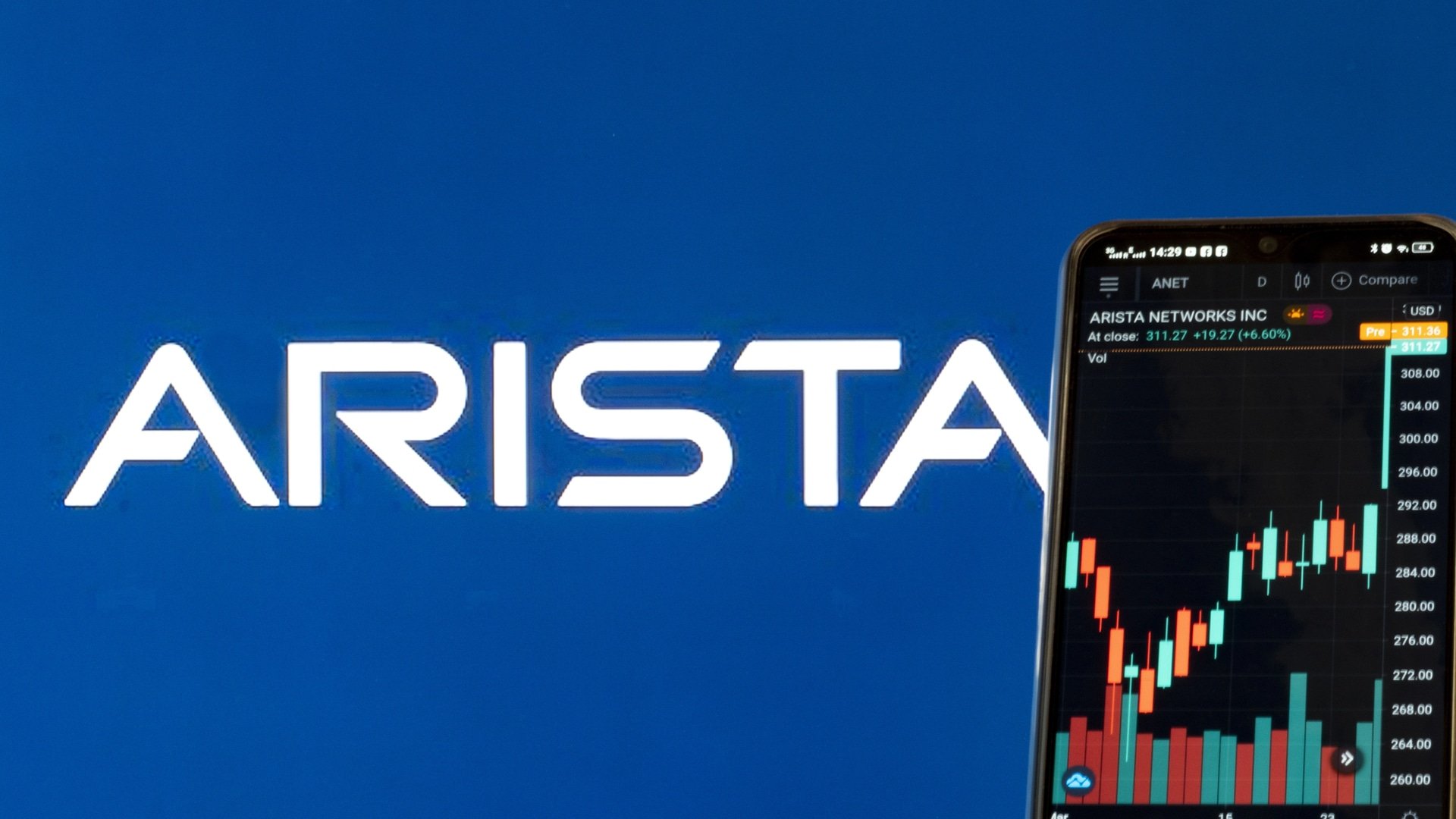SAN FRANCISCO–(BUSINESS WIRE)–The pandemic has accelerated the evolution of American shopping habits—and the expectation around loyalty programs—according to new survey data released today from Formation, the pioneer in machine learning-powered dynamic offer optimization.
The survey of more than 1,000 U.S. adults, conducted by Propeller Insights on behalf of Formation in September 2021, found that while American shoppers clearly value discounts, brand loyalty hinges on more relevant and meaningful relationships with brands.
“Consumer shopping habits were already evolving, but COVID rapidly accelerated the shift to digital, always-on, personalized experiences,” said Christian Selchau-Hansen, co-founder and CEO of Formation. “Brands today are competing against a myriad of offerings for share of wallet. Creating sticky, long-term relationships through personalized offers and experiences is key to retaining customers and deepening brand loyalty.”
Shoppers are motivated by meaningful connections with brands
Competition for shopper loyalty is stiff. Most Americans (77%) belong to four or fewer loyalty programs, and 26% feel they belong to too many.
When asked what they find appealing about loyalty programs, American shoppers’ top three answers were convenience, ease of navigation and efficiency. In terms of rewards, they most value free shipping, discounts and free gifts.
However, the survey also revealed a desire to connect with brands in a more meaningful way. When asked why they actually join loyalty programs, American shoppers said:
- They enjoy receiving special offers (64%)
- They feel the brands they engage with represent their taste (34%)
- They like being part of an exclusive membership group (27%)
Indeed, while half (48%) of Americans say having a loyalty membership increases their spend with a brand, even more (61%) say they spend more with brands they have an affinity with.
COVID permanently changed consumer expectations
COVID-related restrictions may be relaxing, but 62% of Americans still do most or all of their shopping online, which means expectations for personalized experiences are higher than ever.
The survey reflected this desire for personalized experiences. Americans are most likely to unsubscribe from loyalty programs because:
- The offers aren’t relevant (42%)
- They get too many emails (40%)
- They are offered big, infrequent rewards instead of small, incremental ones (26%)
- The brand fails to understand their needs (25%)
Another 1 in 5 say they leave loyalty programs because they don’t like their shopping behavior tracked, but twice as many (40%) say they actually do trust brands with their data.
In terms of how Americans belong to loyalty programs, more have loyalty apps on their smartphones (62%) than loyalty cards on their key rings (46%), and 62% have never even seen a loyalty punch card.
About Formation
Formation helps brands build deeper relationships with every customer, beyond the transaction. Our patented Dynamic Offer Optimization Platform leverages brands’ first-party data to automatically generate each customer’s offer with the best action and reward and then manages the deployment, measurement and fulfillment of each offer across the marketing stack. Brands that use Formation see 3X revenue lift, 2X more engagement and 10X faster time to market with their offers. Formation powers dynamic offer optimization for some of the world’s largest brands, such as United Airlines, Giant Eagle and Smiles. For more information, visit formation.ai. Formation also supports a community of digital and marketing leaders called Loyalty Innovators. For more information, visit loyaltyinnovators.com.
Contacts
Annie Fink
310-721-6179
[email protected]
Author Information
As a detail-oriented researcher, Sherril is expert at discovering, gathering and compiling industry and market data to create clear, actionable market and competitive intelligence. With deep experience in market analysis and segmentation she is a consummate collaborator with strong communication skills adept at supporting and forming relationships with cross-functional teams in all levels of organizations.
Sherril holds a Master of Business Administration in Marketing from University of Colorado, Boulder and a Bachelor of Arts in Psychology from Rutgers University.







